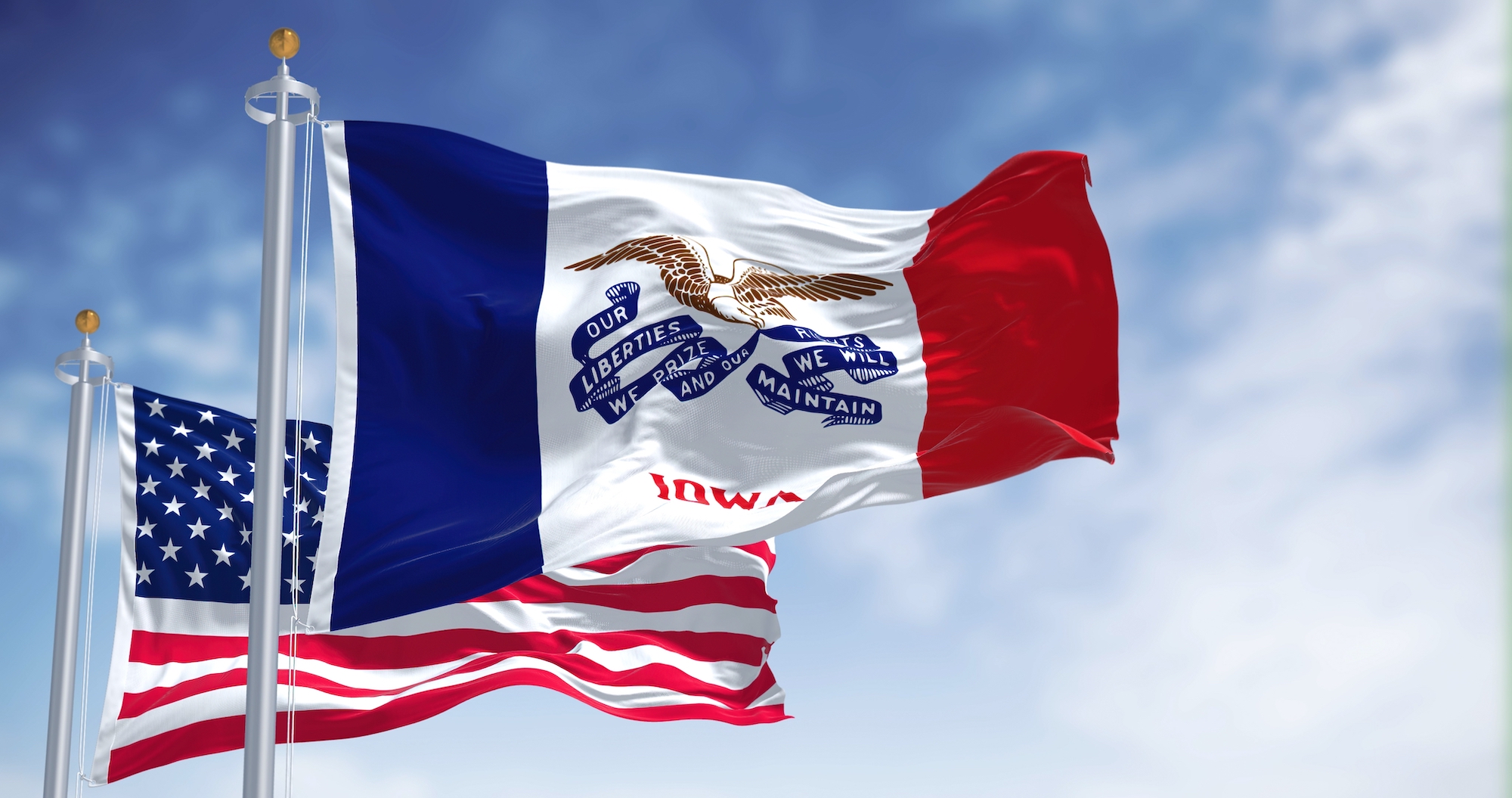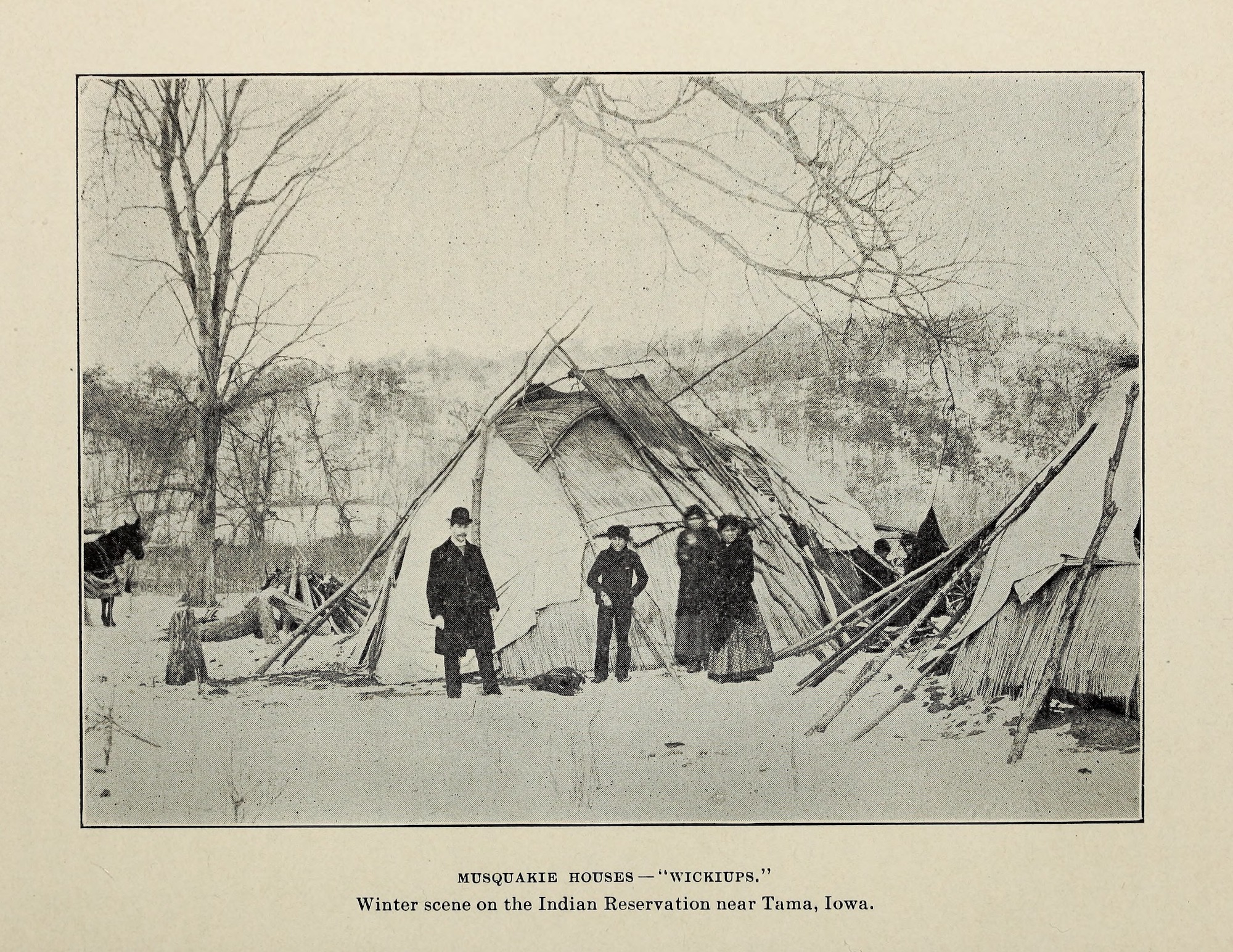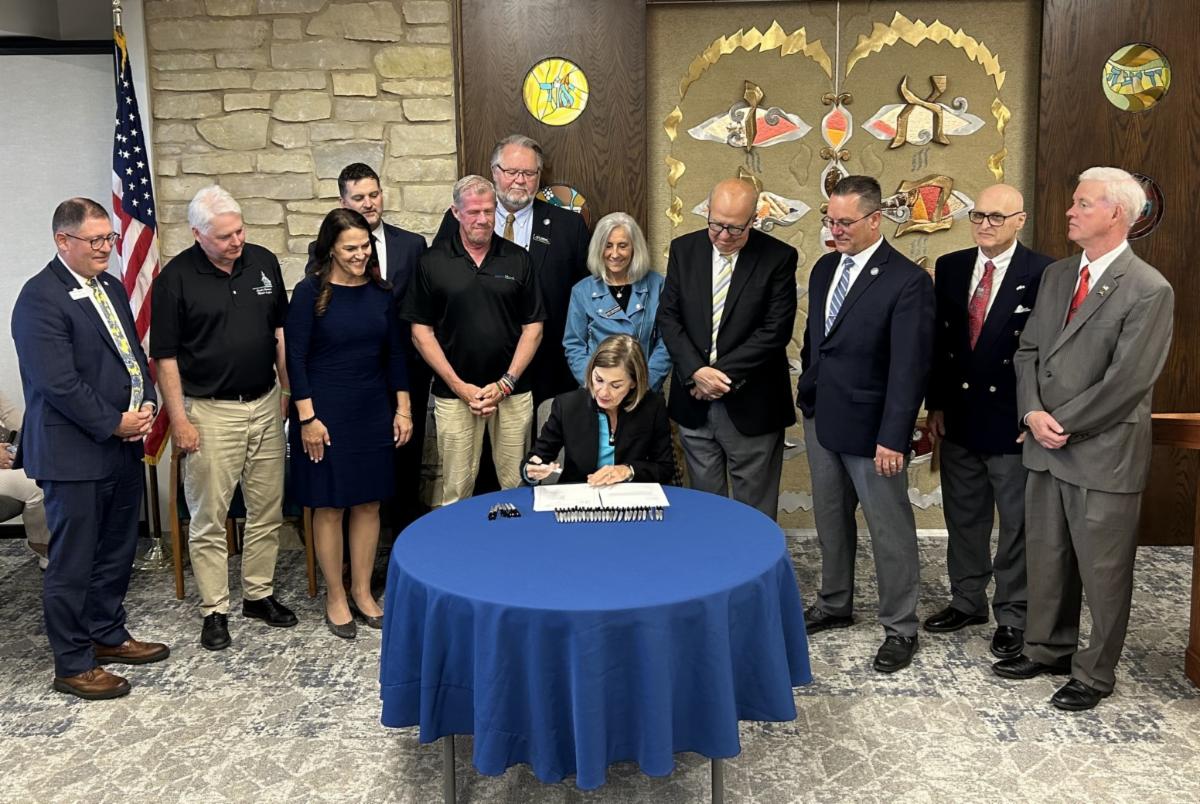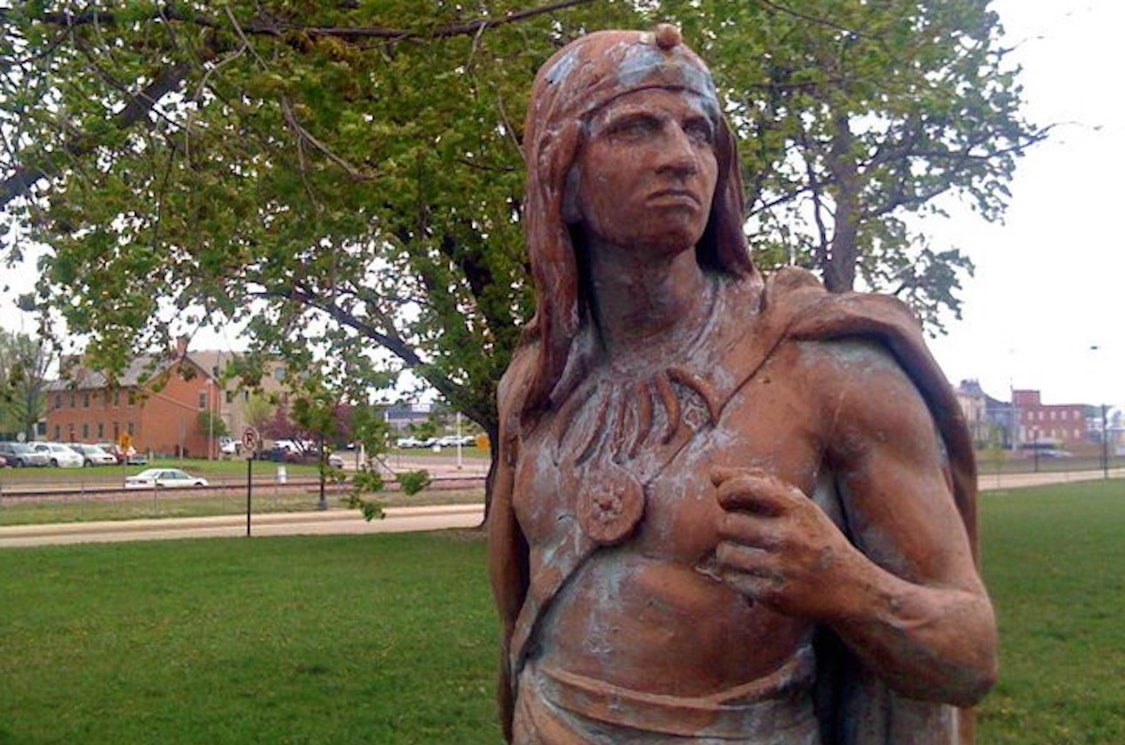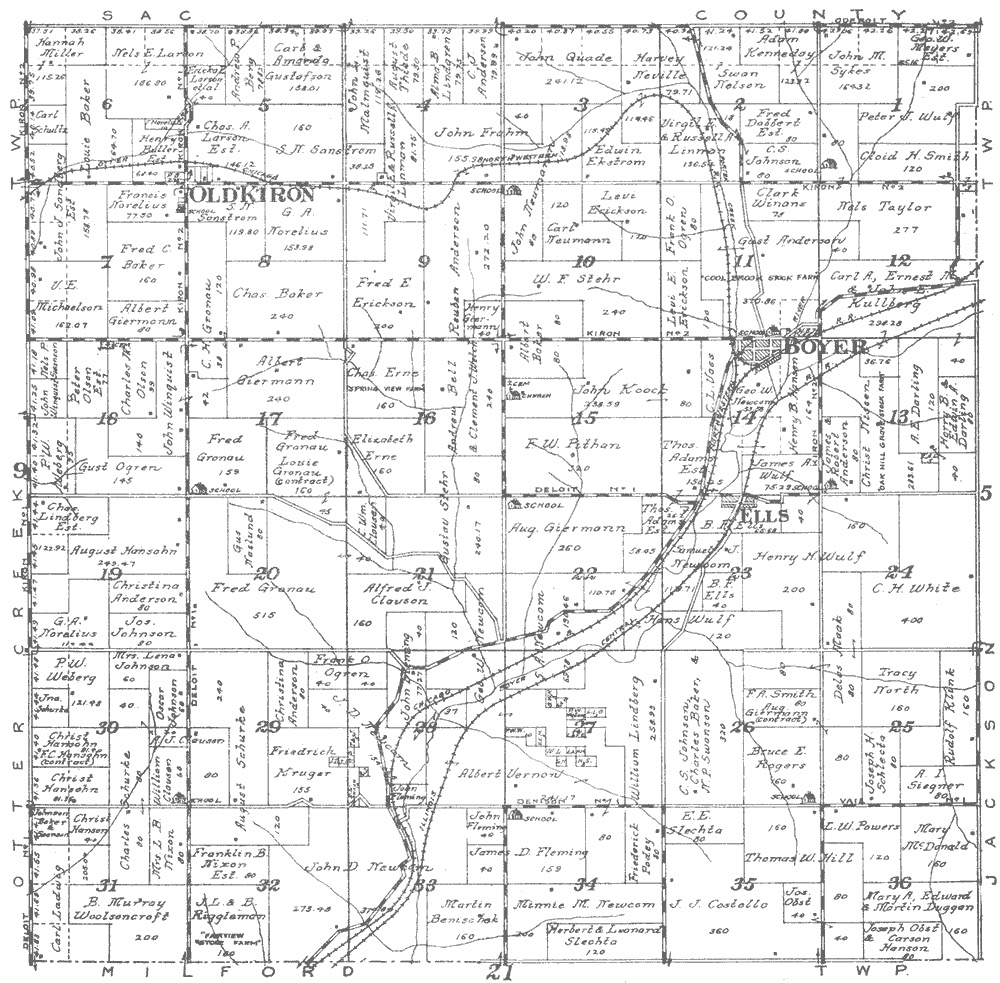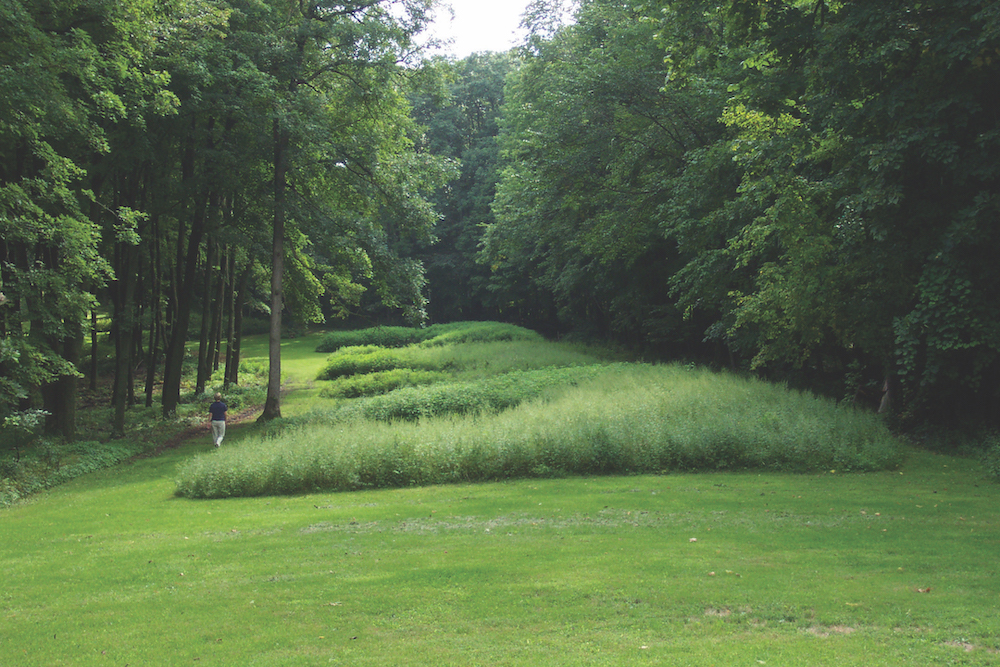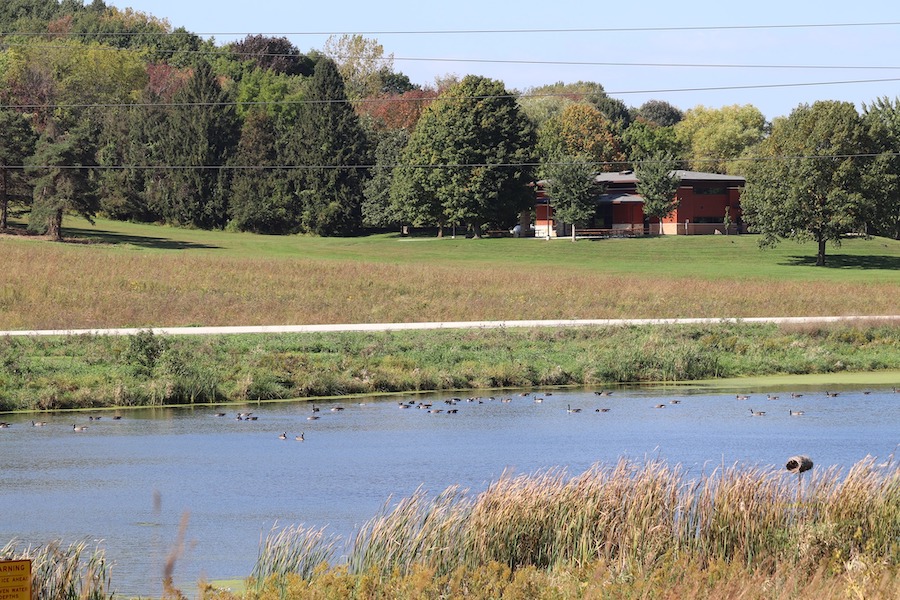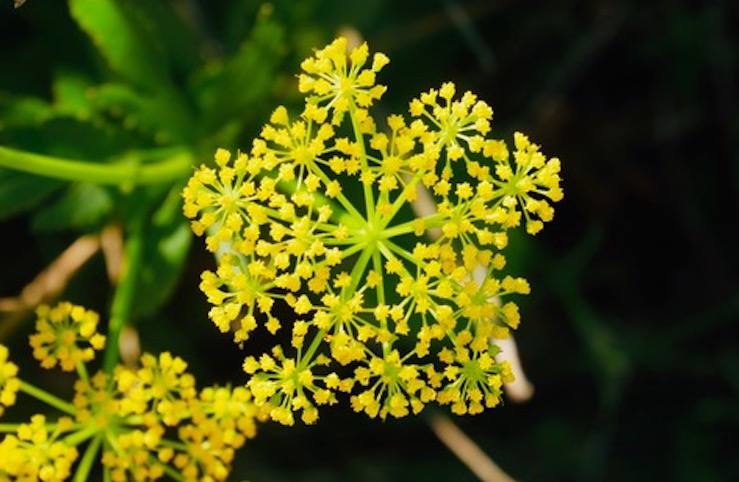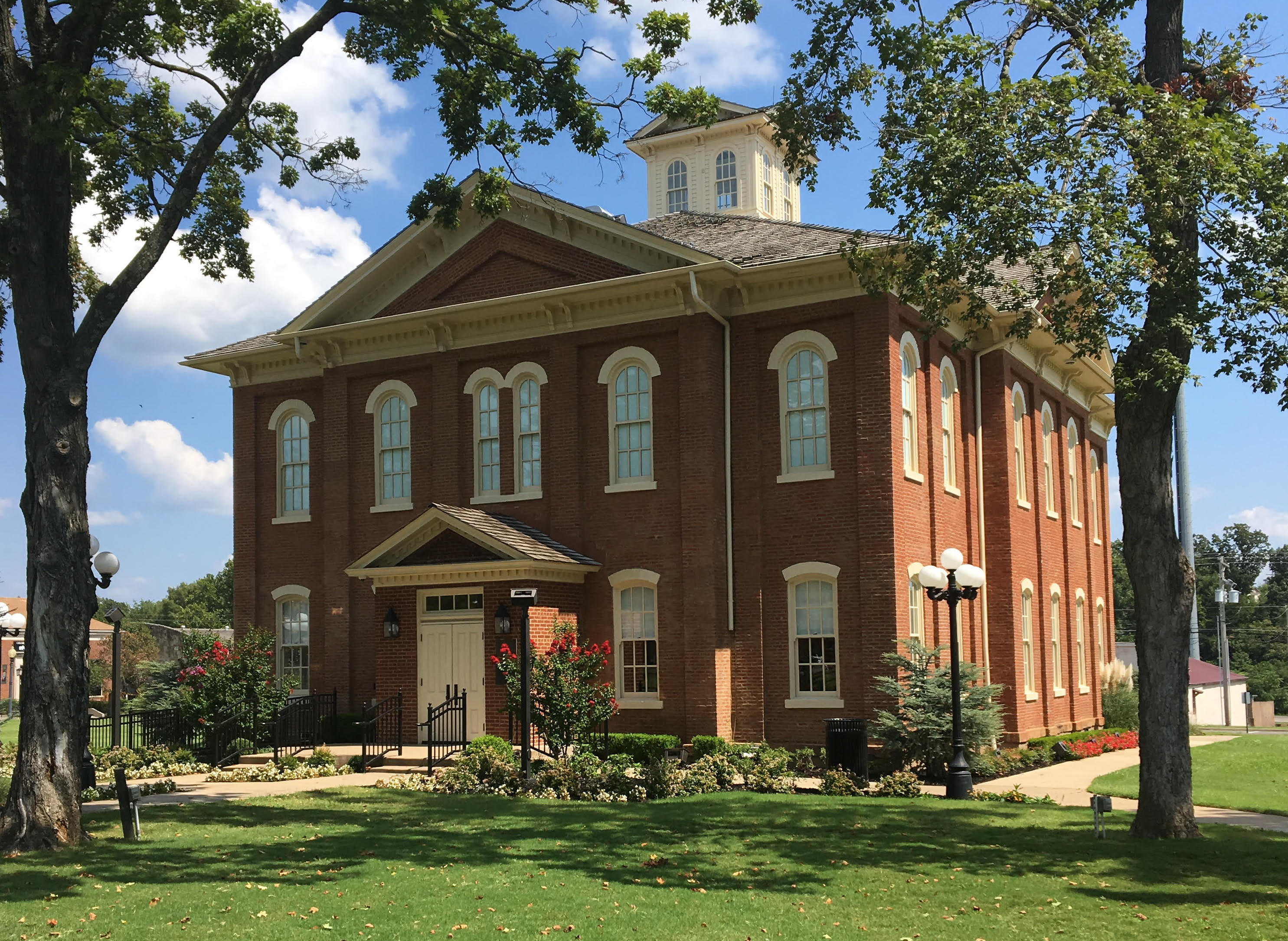Henry Jay Karp is the Rabbi Emeritus of Temple Emanuel in Davenport, Iowa, which he served from 1985 to 2017. He is the co-founder and co-convener of One Human Family QCA, a social justice organization. This essay first appeared on his Substack column.
When folks like me call out what we see as a profound danger to our society, as it appears that our government is turning against entire segments of our community, stripping or reducing the rights of select groups of people who are our neighbors, there are those who claim we are alarmists sowing discontent; that we are modern day “Chicken Littles,” going around declaring that the sky is falling.
On December 27, the Quad City Times published its list of “top 10 Iowa stories of 2024.” One look at the list offers more than ample justification for the warnings I and so many others have offered about the current state of our state and the troubling prospects of what lies ahead for Iowa and the nation over the next four years. A whopping seven out of these ten top stories are matters of serious concern for Iowa’s social justice advocates.
Continue Reading...
